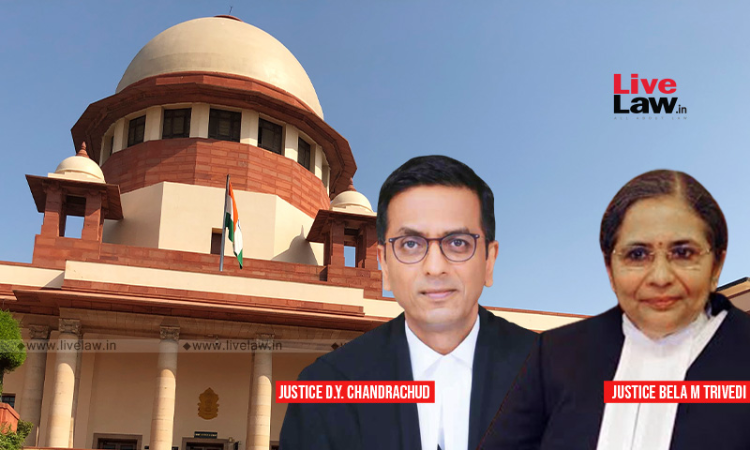Extra Judicial Confession Made By Co-Accused Could Be Admitted In Evidence Only For Corroboration: Supreme Court
Ashok KM
27 May 2022 4:46 PM IST

Next Story
27 May 2022 4:46 PM IST
The Supreme Court observed that extra judicial confession made by the co-accused could be admitted in evidence only as a corroborative piece of evidence.In absence of any substantive evidence against the accused, the extra judicial confession allegedly made by the co-accused loses its significance and there cannot be any conviction based on such extra judicial confession of the co-accused,...
